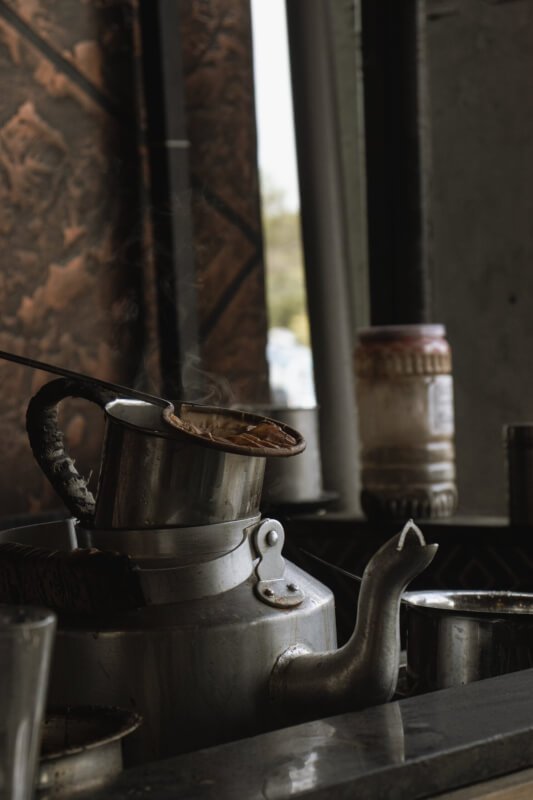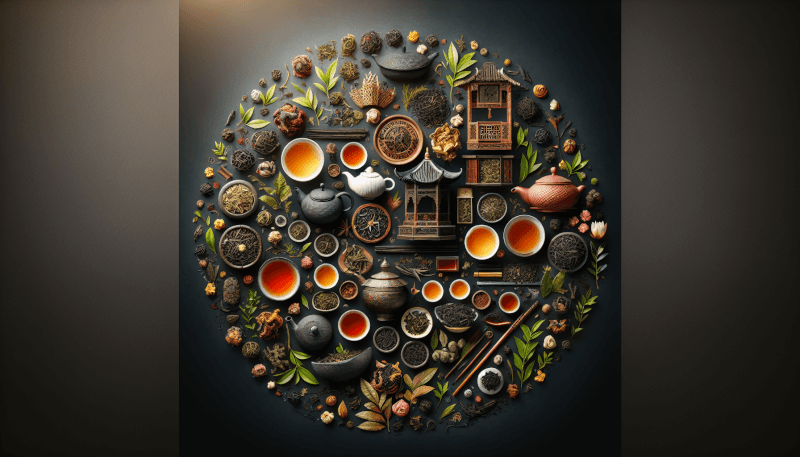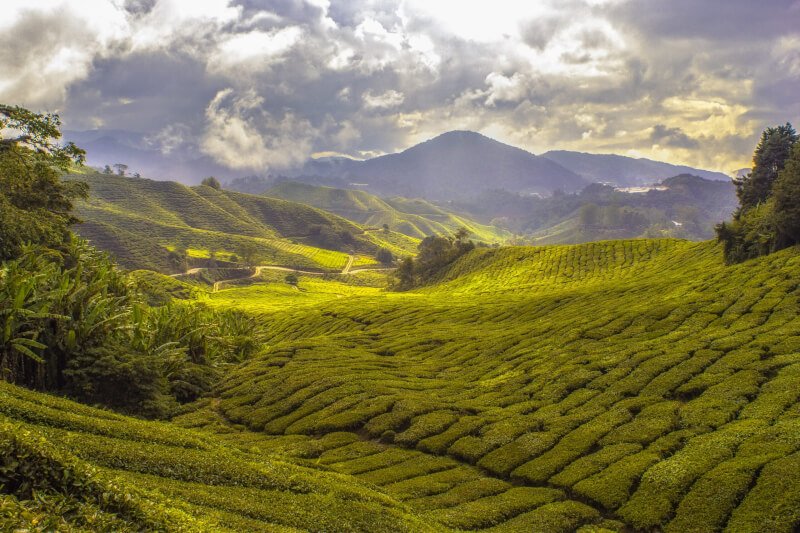Specialty tea, a delightful and exquisite beverage, is a world of taste and aroma waiting to be explored by tea enthusiasts like you. With its origins deeply rooted in ancient cultures, specialty tea stands out from the crowd with its exceptional quality, unique flavor profiles, and meticulous tea production process. From delicate white teas to robust black varieties, specialty tea encompasses a diverse range of tea types, each with their own distinctive characteristics. Join us on a journey of discovery as we uncover the depths of specialty tea and uncover the secrets behind its allure.
What is Specialty Tea?

Defining Specialty Tea
Specialty tea refers to a category of tea that is known for its exceptional quality, unique characteristics, and distinct flavor profiles. Unlike regular tea, which is often mass-produced, specialty tea is crafted with great care and attention to detail, resulting in a beverage that is truly exceptional.
Distinction from Regular Tea
The main distinction between specialty tea and regular tea lies in the way they are produced and the quality of the leaves used. Regular tea is often made from lower-grade leaves that are harvested using mechanical methods and processed on a large scale. In contrast, specialty tea is made from high-quality leaves that are picked by hand and undergo special production techniques to ensure optimal flavor and aroma.

History and Origins
The history of specialty tea can be traced back thousands of years to ancient China, where tea cultivation originated. It was in China that the art of growing and preparing tea was first developed, with meticulous attention to detail and an emphasis on quality. As tea spread to other parts of the world, different countries and regions developed their own unique tea traditions, each contributing to the growth and popularity of specialty tea.
Cultural Significance
Specialty tea holds great cultural significance in many countries around the world. It is deeply rooted in the traditions and rituals of various cultures, often symbolizing hospitality, unity, and social connections. In countries like China and Japan, tea ceremonies are held to honor this ancient beverage and to create a serene atmosphere for reflection and relaxation.

Types of Specialty Teas
Specialty tea encompasses a wide range of varieties, each with its own distinctive characteristics. Some of the most popular types of specialty teas include green tea, black tea, oolong tea, white tea, and herbal infusions. Each type offers a unique flavor profile and can be enjoyed hot or cold, depending on personal preference.
Growing and Harvesting Techniques
The production of specialty tea begins with the cultivation of tea plants in suitable environments. These plants thrive in regions with specific climatic conditions, such as the high altitudes of the Himalayas or the misty hills of Darjeeling. Specialty tea gardens carefully cultivate their tea plants, often using organic or sustainable practices to ensure the highest quality of leaves.
When it comes to harvesting, specialty teas are typically hand-picked. This meticulous process allows for the selection of only the finest leaves and buds, ensuring that the tea produced is of exceptional quality. Hand-picking also minimizes damage to the leaves, preserving their delicate flavors and aromas.

Processing Methods
The processing methods used for specialty tea vary depending on the type of tea being produced. Green tea, for example, undergoes minimal oxidation, while black tea is fully oxidized. Oolong tea falls somewhere in between, with a partial oxidation process. These processing techniques help to bring out the unique characteristics of each tea variety and contribute to their distinct flavors.
Flavor Profiles
One of the most captivating aspects of specialty tea is its diverse flavor spectrum. Each type of tea offers a unique combination of taste, aroma, and mouthfeel. Green teas are often described as refreshing and vegetal, while black teas are full-bodied and robust. Oolong teas can range from floral and fruity to toasty and nutty, while white teas are delicate and subtle. Herbal infusions, on the other hand, offer a wide range of flavors depending on the herbs and botanicals used.

Health Benefits
In addition to its exceptional taste, specialty tea is also known for its numerous health benefits. It is rich in antioxidants and polyphenols, which help protect the body against harmful free radicals and reduce the risk of chronic diseases. Specialty teas have been associated with improved heart health, increased metabolism, enhanced cognitive function, and immune-boosting properties. They also serve as a soothing and hydrating beverage, contributing to overall well-being.
Brewing Methods
To fully appreciate the flavors and aromas of specialty tea, proper brewing techniques are essential. Each type of tea requires specific water temperature and steeping times to achieve optimal results. For example, green tea is best brewed at lower temperatures and steeped for a shorter duration, while black tea can withstand hotter water and longer steeping times.
By following the recommended brewing methods, you can ensure that your specialty tea is perfectly brewed, delivering a delightful and satisfying experience with every cup.
In conclusion, specialty tea offers a world of flavors, history, and cultural significance. From the time-honored traditions of tea ceremonies to the health benefits derived from each sip, specialty tea is a beverage that goes beyond ordinary. By exploring the diverse range of specialty teas available and embracing the art of brewing, you can embark on a journey of tea appreciation and discover the countless pleasures that await. So sit back, relax, and savor the enchanting world of specialty tea.


